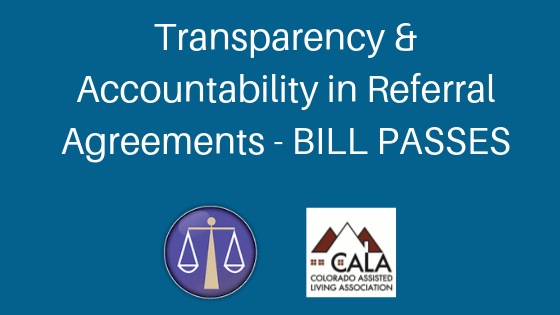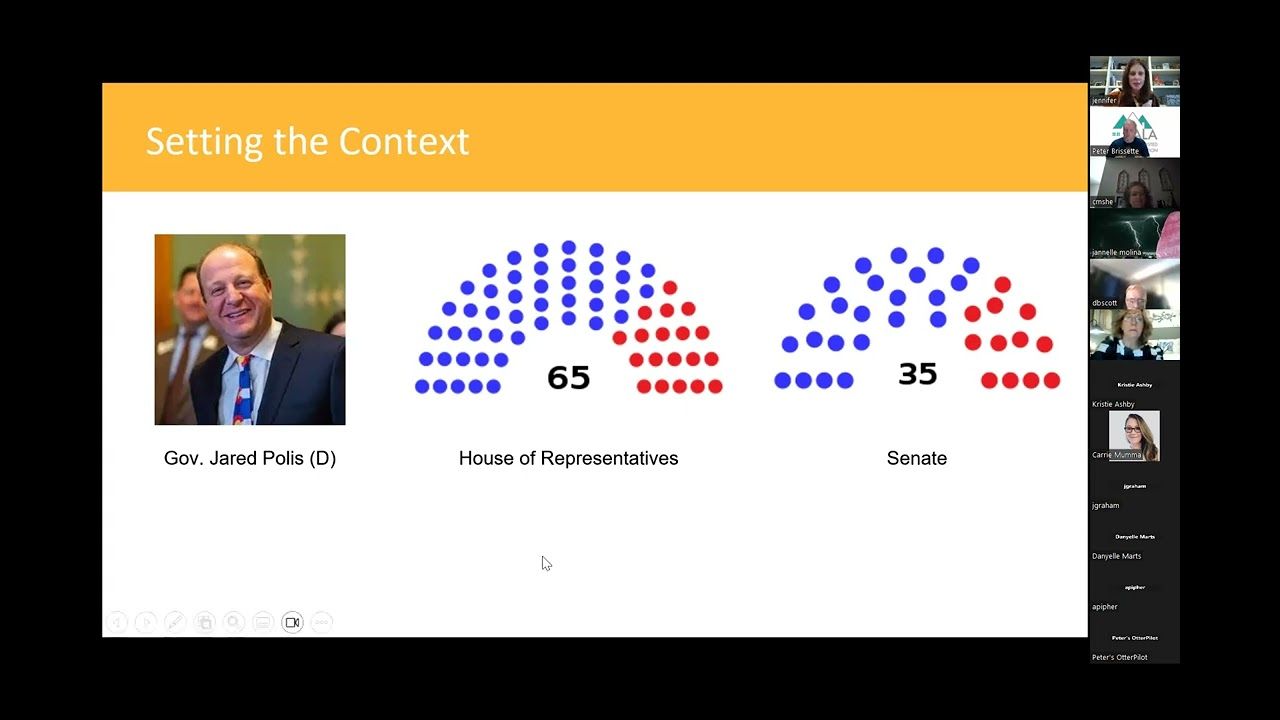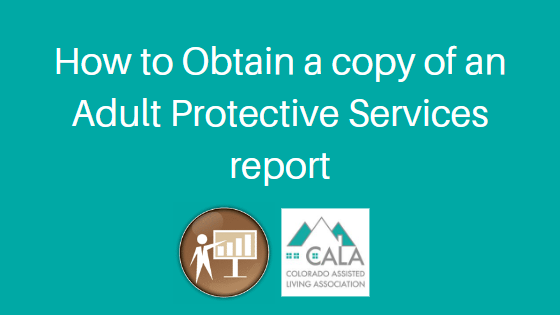By Employers Council
•
October 19, 2023
Federal discrimination laws protect individuals from discrimination in the workplace on the basis of race, color, religion, sex (including pregnancy, sexual orientation, or gender identity), national origin, age (40 and older), disability, or genetic information. Obesity, however, is noticeably absent from protection under federal law as well as most state laws. As a result, sizeism, or weight-based discrimination, remains a prevalent issue, with more than 40% of U.S. adults experiencing weight stigma at some point in their lives, according to the American Psychological Association (APA). According to the Centers for Disease Control and Prevention (CDC), 42% of Americans are obese , making this a significant and widespread concern. Sizeism, like other forms of bias and discrimination, not only causes suffering and psychological distress but also increases the risk of mental health problems, such as substance abuse and the risk of suicide, according to the APA. While federal laws have yet to address weight-based discrimination, some states and municipalities have begun recognizing the need for change. Likewise, some federal and state courts have interpreted disability laws to provide protection. Currently, Michigan is the only state to make weight-based discrimination illegal. Four states, Massachusetts, New York, New Jersey, and Vermont, have recently introduced bills dealing with weight-based discrimination. New York City, Washington, D.C., and San Francisco are among a handful of U.S. cities with local ordinances that prohibit discrimination based on weight or appearance. At this time, Arizona, Colorado, New Mexico, Utah, and Wyoming have not taken legislative action to address obesity as a protected class. The majority of federal courts hold that obesity is not a physical impairment under the Americans with Disabilities Act (ADA) unless it is the symptom of an actual or perceived underlying physiological disorder or condition, such as diabetes. These courts have relied on interpretive guidance from the Equal Employment Opportunity Commission (EEOC) on the definition of “impairment” under the ADA. Recently, federal district courts in Texas, Louisiana, and Mississippi have determined that, even absent an underlying physiological disorder, obesity could be an actual or perceived disability under the ADA. Likewise, state courts in Washington, Montana, and New Jersey, have interpreted state statutes to include obesity as a disability. By taking proactive measures, employers can protect themselves from potential liability. Employers should refrain from employment decisions based on physical characteristics absent a legitimate job-related requirement. Employers in states where obesity may be treated as a disability should review their disability policies and include size, and make sure managers are trained on the policies. Additionally, employers should accurately state job descriptions to reflect the essential functions and demands of the job. These steps help contribute to a more equitable and supportive work environment for all employees. This is an area to watch as more legislatures and courts consider the issue of obesity as a protected class. If you have any questions about workplace discrimination, please contact the Employers Council Member Experience Team.







